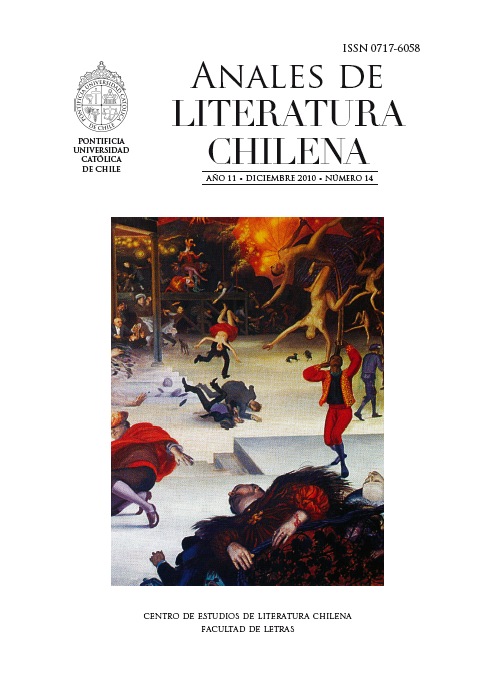ESCHATOLOGICAL MEMORY AND APOCRYPHAL HISTORIES FROM THE SOUTH
Keywords:
tierra del Fuego, Christian Formoso, Sylvia iparraguirre, yamana indians, New historicism, MemoryAbstract
The central inquiry of the article revolves around the “imaginary geography” (Said), on the one hand, as a cultural construct, but also as an ideological frontier in the discursive tradition of Latin America. The concept of history as a narrative, prevalent among so-called “new historians” (as opposed to the concept of history as science, whose practice is based on the scrutiny of “historical evidence”), as they claim, that both, history and literature are narrative representations of events. Two literary discourses are examined here, the narrative in Sylvia Iparraguirre’s La tierra del fuego,1998, and the poetic in Christian Formoso’s El cementerio más hermoso de Chile, 2008. The use of individual and collective memory for the creation of a complementary and contestatory historical record resulted in the (meta)literary exercise of the historical conjecture evident in both works.
Downloads
Downloads
Published
How to Cite
Issue
Section
License

This work is licensed under a Creative Commons Attribution-NoDerivatives 4.0 International License.


